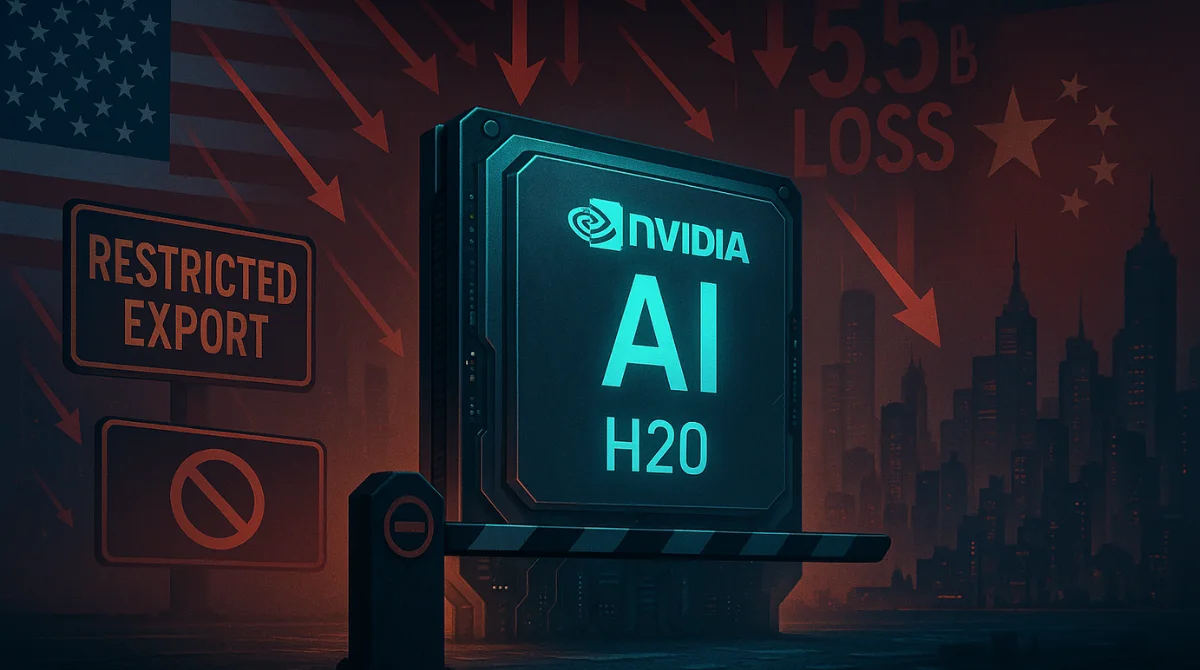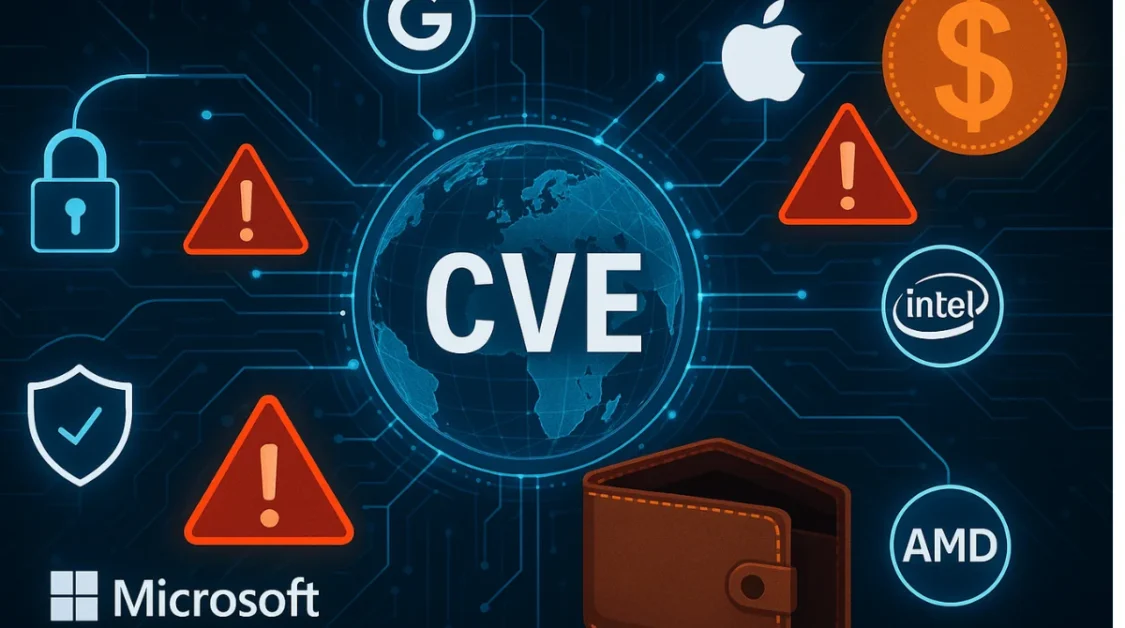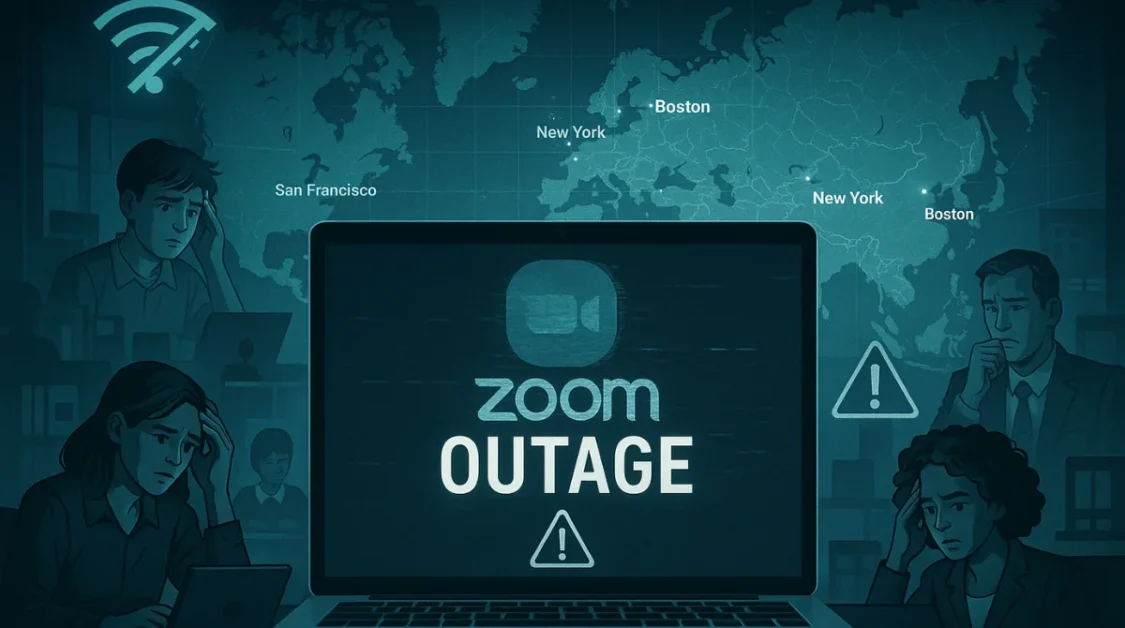Nvidia Corporation has announced it will incur a $5.5 billion charge in its first-quarter earnings due to new U.S. government restrictions on the export of its advanced H20 artificial intelligence (AI) chips to China. The U.S. Department of Commerce has mandated that Nvidia obtain licenses for H20 exports to China, with these rules being indefinite.
The H20 chip, Nvidia’s most advanced offering in China, has been pivotal for supporting the country’s burgeoning AI sector. Demand for the chip surged, especially from major Chinese tech firms such as Tencent, Alibaba, and ByteDance, attracted by its performance in AI inference tasks.
The U.S. government’s decision stems from concerns that the H20’s high-speed memory and compute connectivity could enable its use in Chinese supercomputers, potentially advancing China’s military capabilities. The Department of Commerce’s restrictions are part of ongoing efforts to limit China’s access to advanced semiconductor technology and ensure a technological edge in AI.
Nvidia’s financial burden arises from inventory, purchase commitments, and related reserves for the H20 chip. The company disclosed these anticipated charges in a recent SEC filing, noting that the restrictions will remain in effect indefinitely.
Following the announcement, Nvidia’s stock dropped over 6% in after-hours trading. Shares of key Asian suppliers such as Advantest, Samsung, TSMC, SK Hynix, and Wistron also fell significantly, reflecting the broader impact on the technology sector.
In response to these ongoing restrictions, Nvidia has announced plans to invest up to $500 billion in building AI-focused supercomputers within the U.S. over the next four years. This initiative aligns with the Trump administration’s focus on domestic manufacturing and aims to bolster U.S. chip production.
While the export restrictions pose significant challenges for Nvidia’s operations in China, the company’s substantial investment in U.S.-based AI infrastructure underscores its commitment to adapting to the evolving geopolitical landscape and maintaining its leadership in the AI sector.
Related Topics: NVIDIA GTC 2025: AI Breakthroughs, Blackwell Ultra GPU, and Strategic Partnerships



